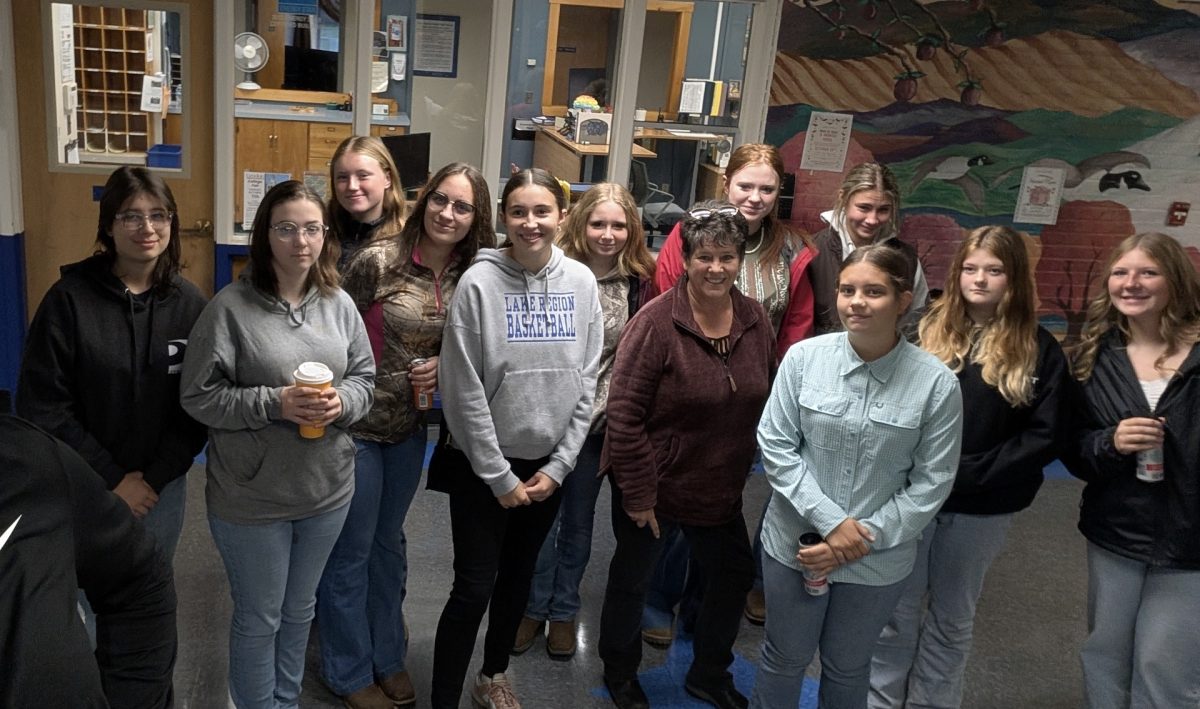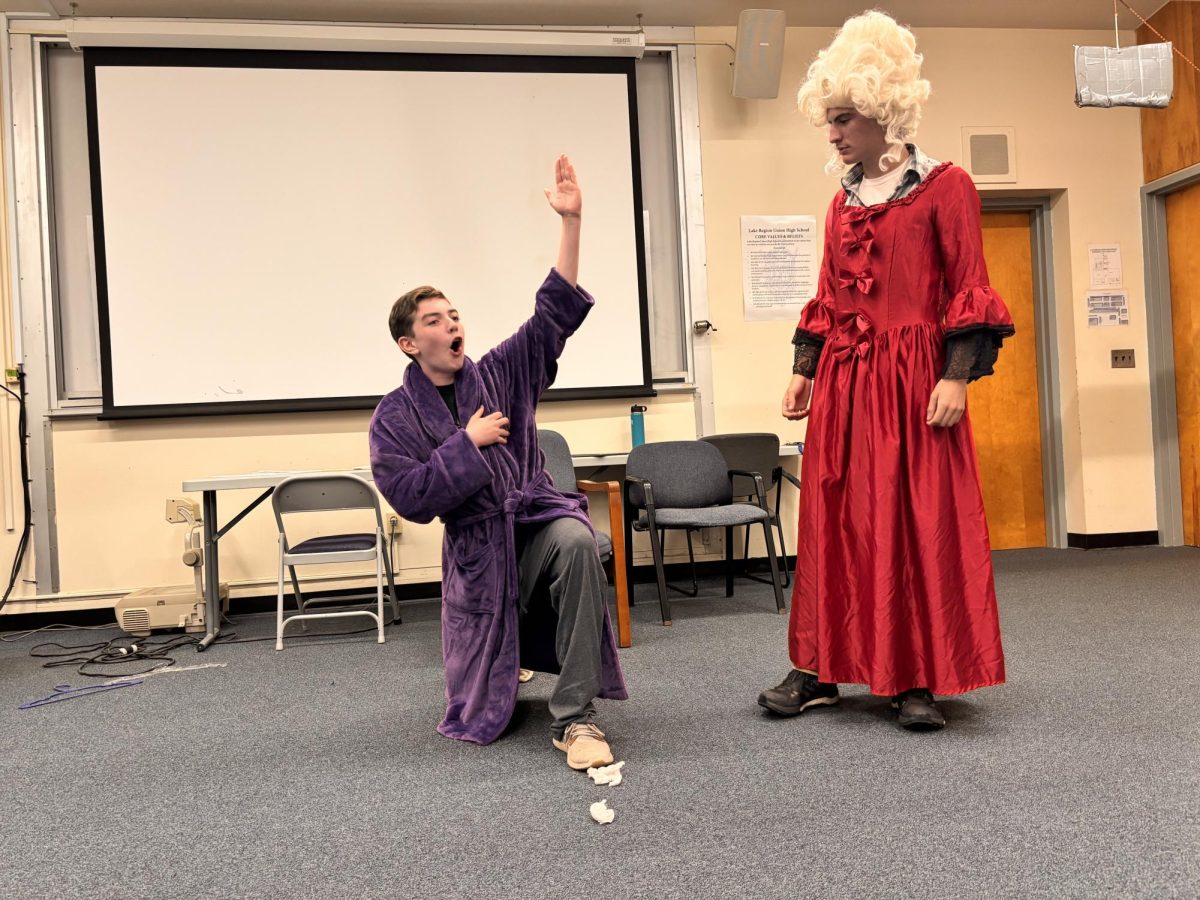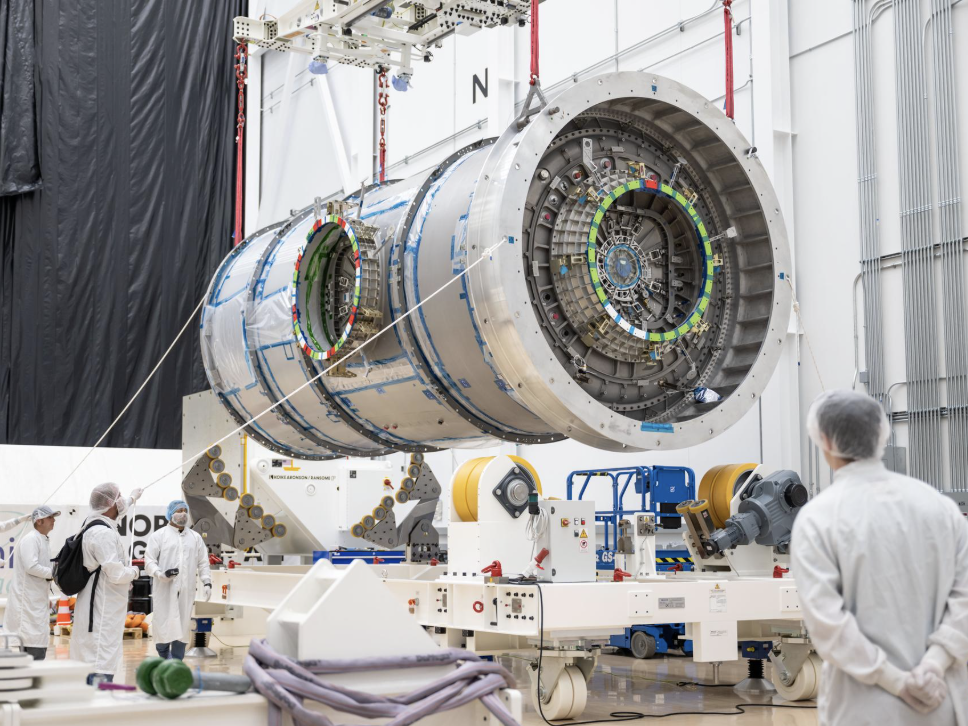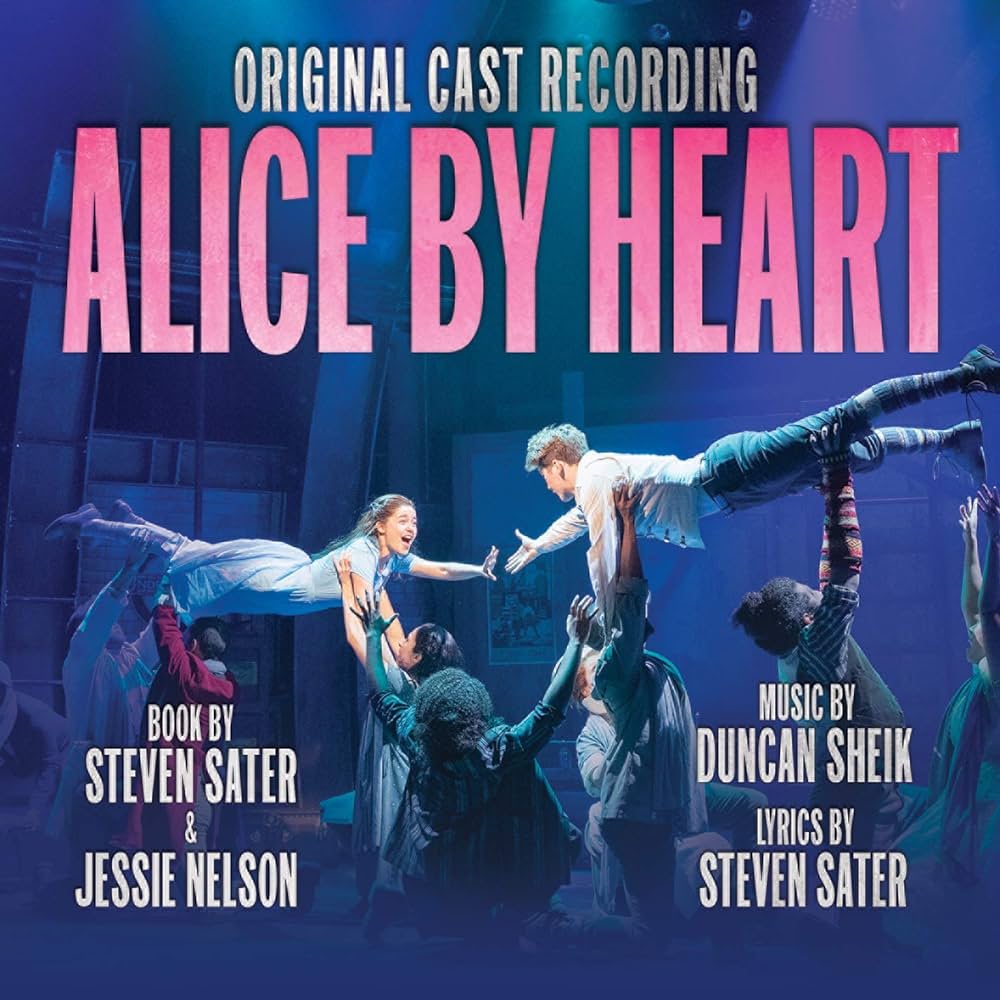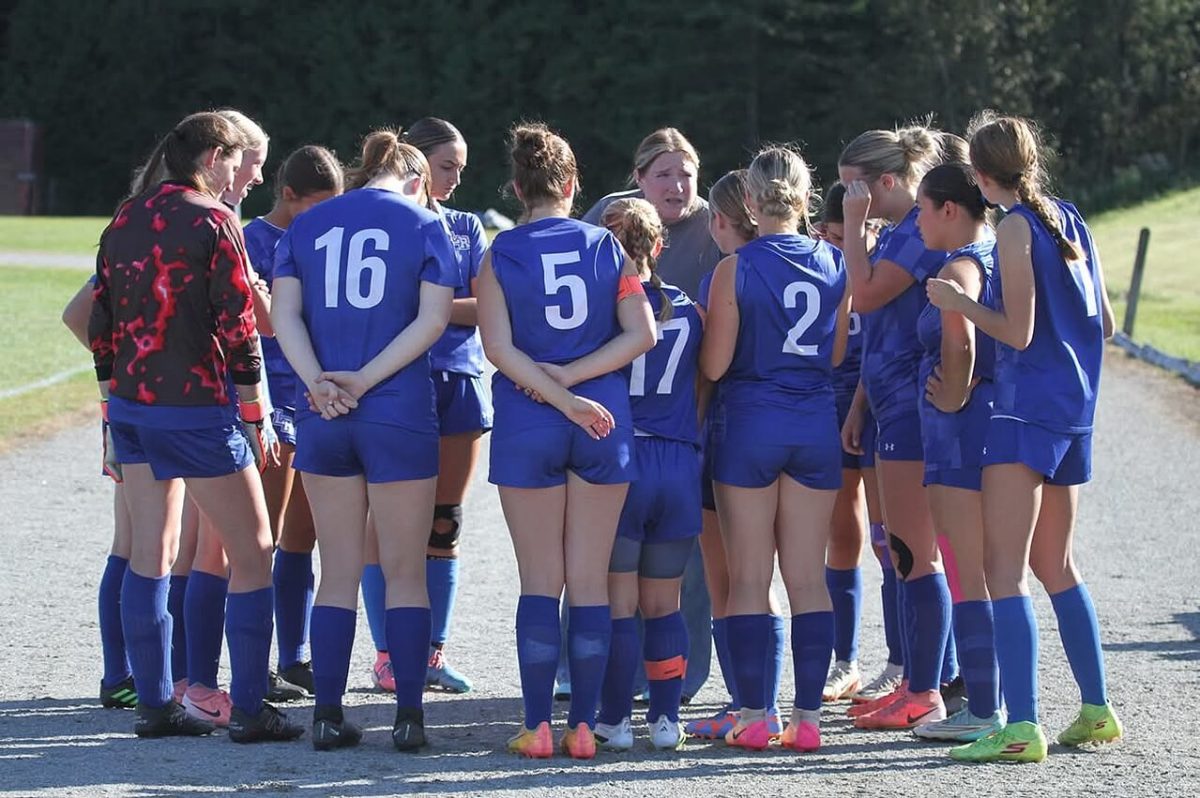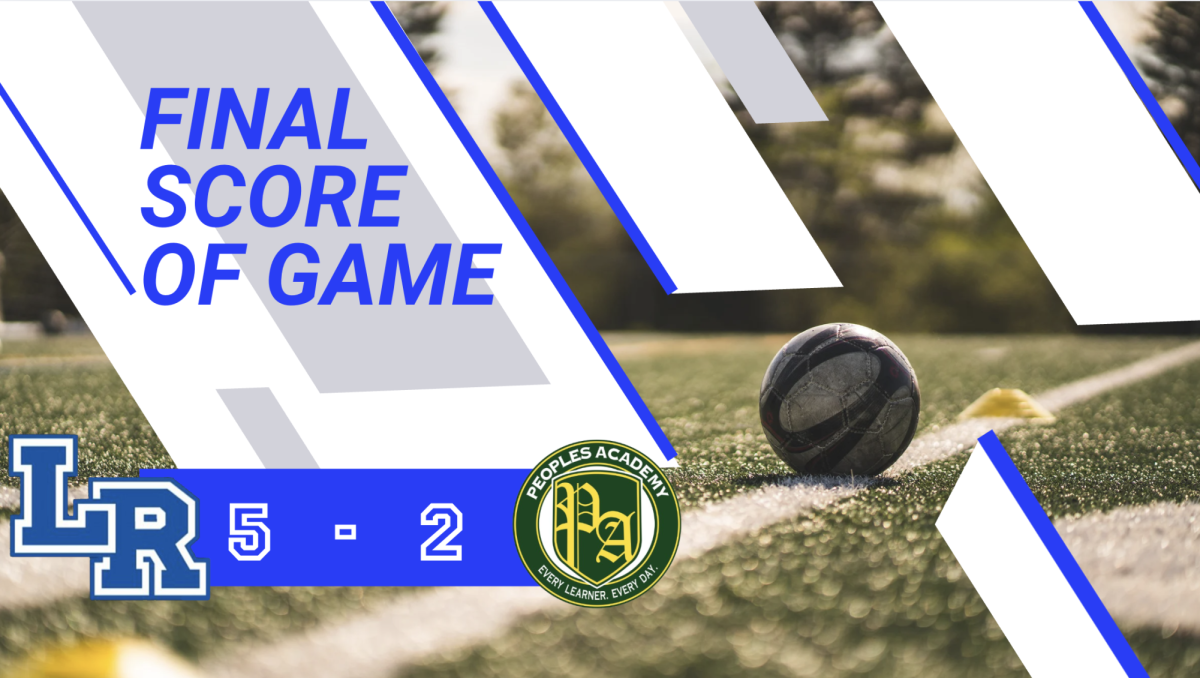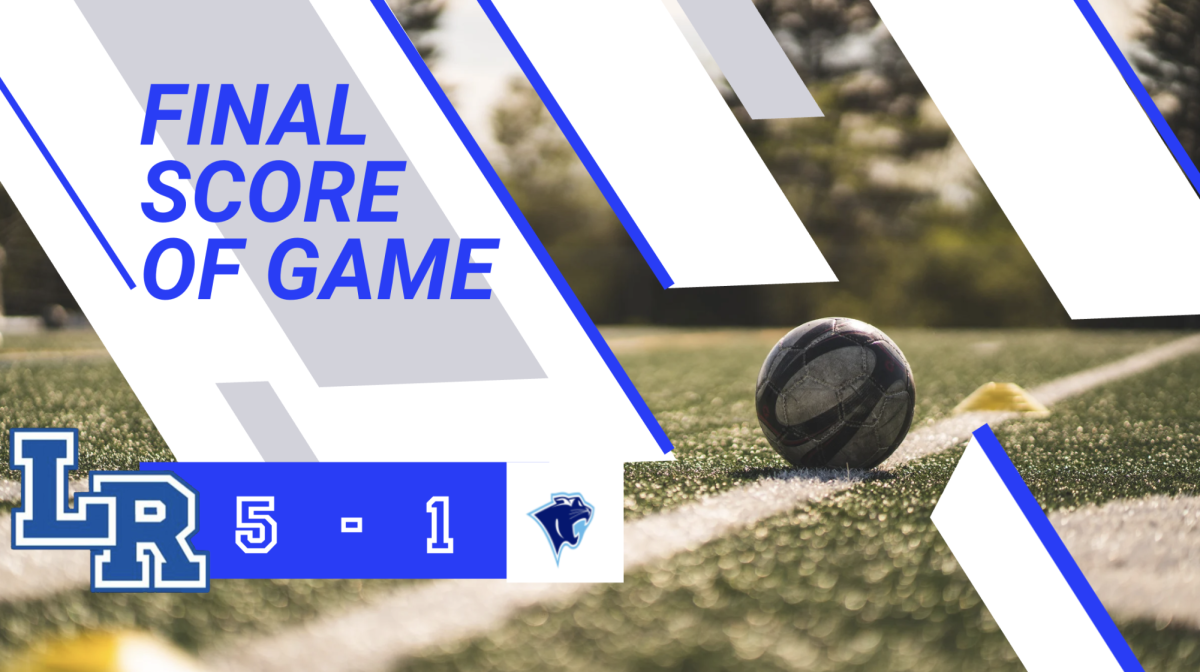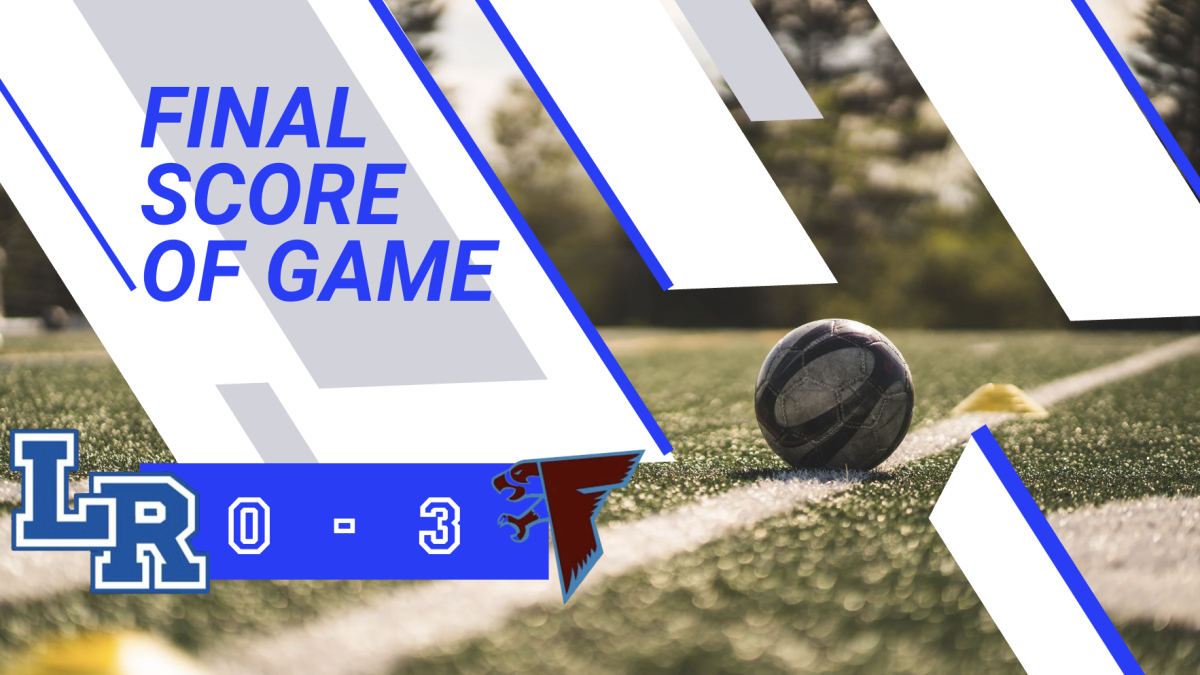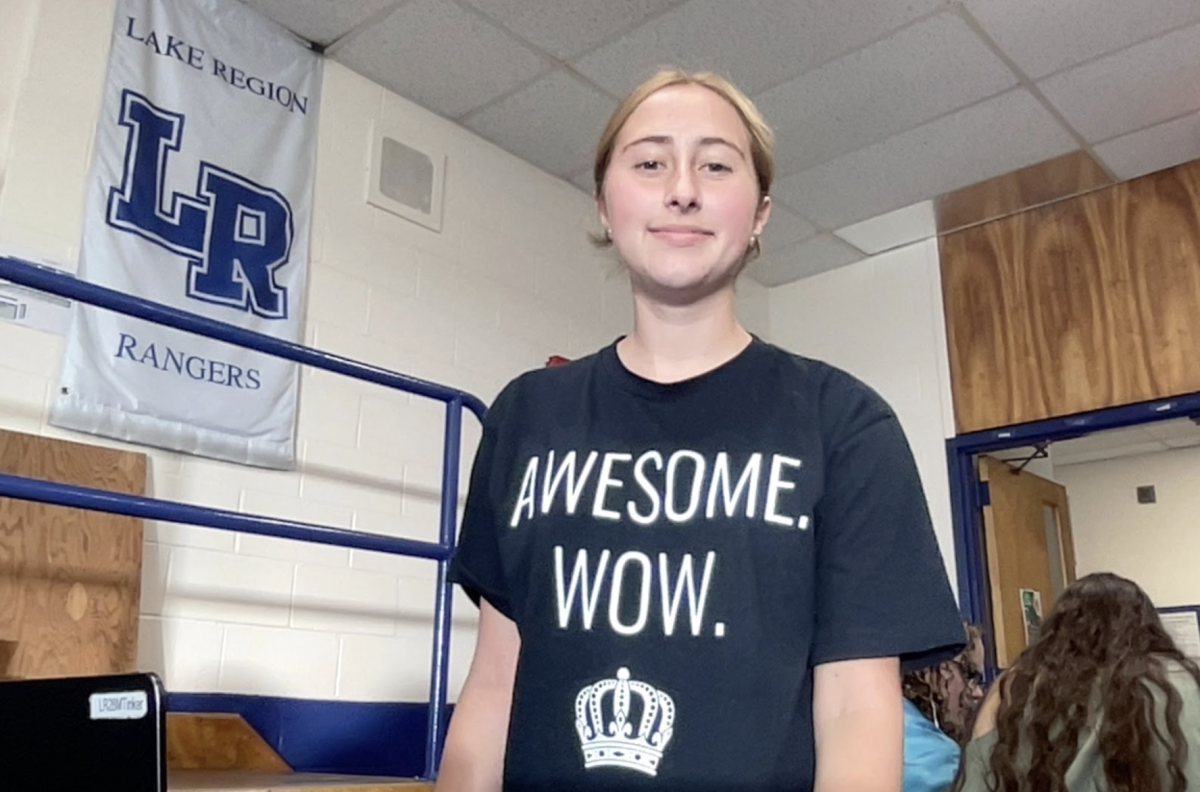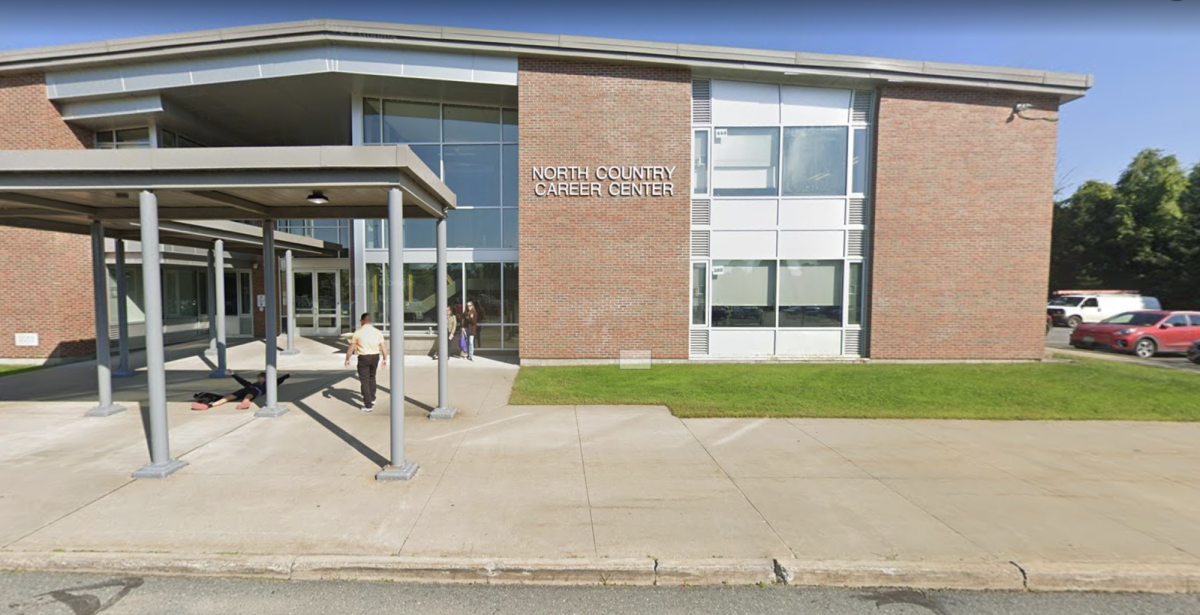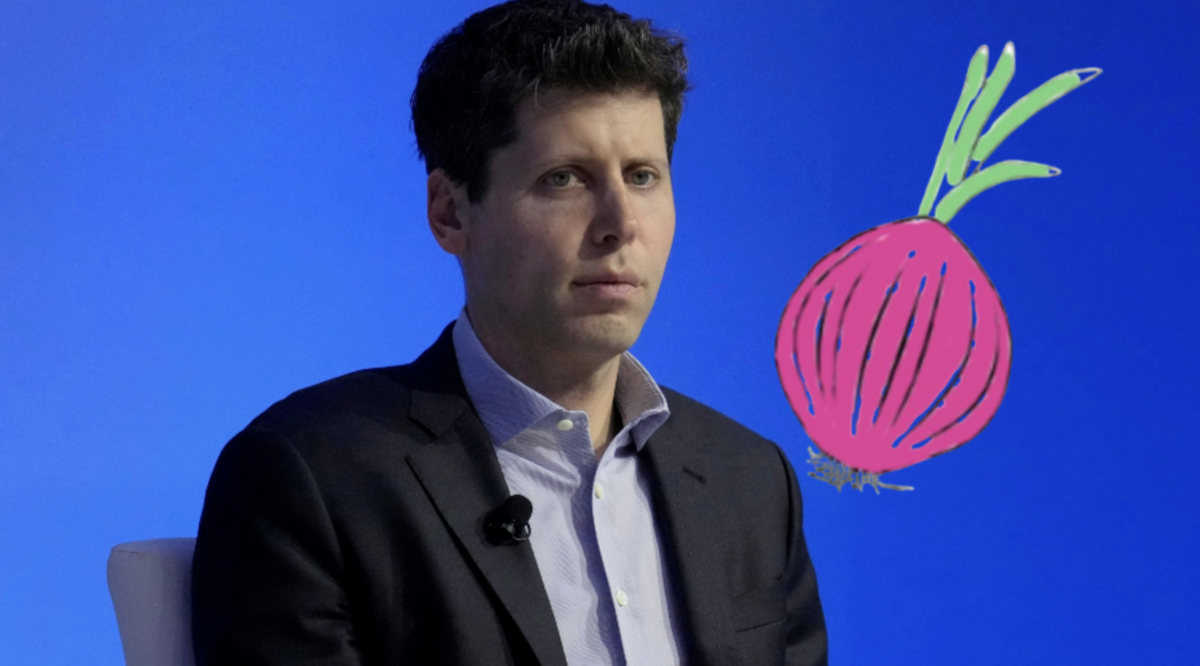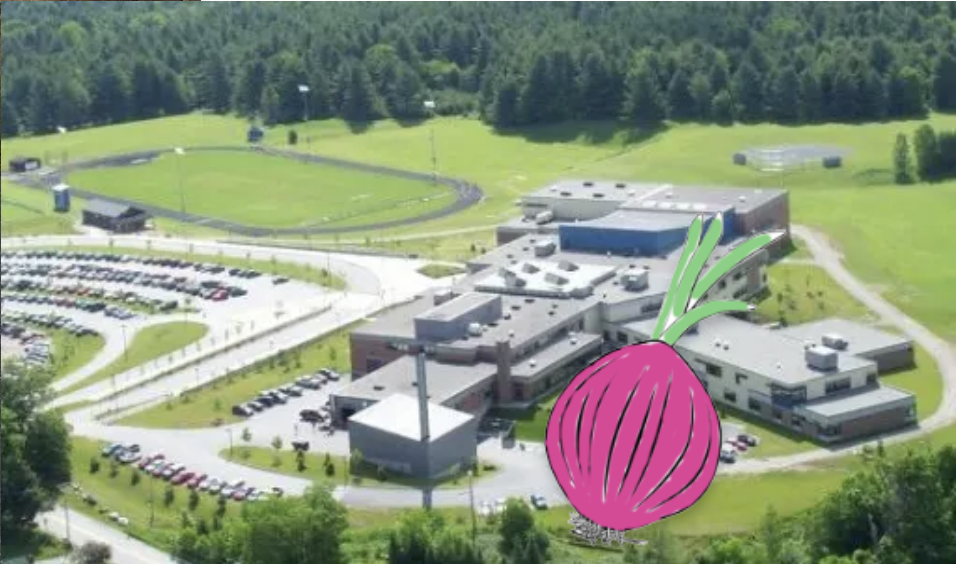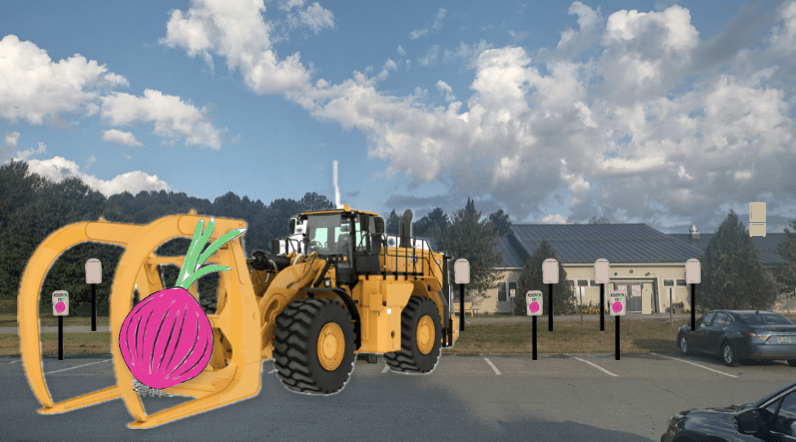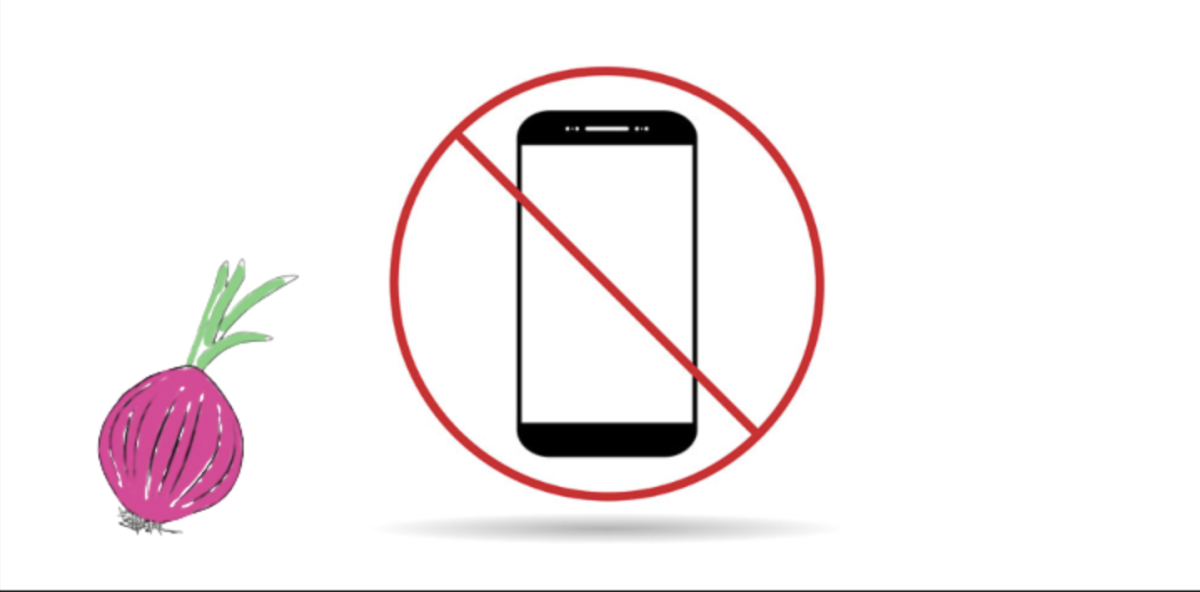The North Country Career Center is a great opportunity for students to explore pathways and be presented with possible ideas for their future by getting real life experience. Though it is early in the school year, here’s an insider as to what it’s like.
It can be nerve racking to go to a new school in any instance, but especially in a program that seems to mean something for your future. When entering upon a career center class from Lake Region, you arrive around 10 minutes later than your North Country classmates. When walking in, the class is already being given direction, and it’s somewhat awkward to walk in and find your seat while everyone is watching. Typically we do a warmup that’s a couple of questions in which LR students miss, and have to do it at a later time or quickly before it’s taken off the board. Departing on the other hand is around 5-10 minutes earlier than the class ends. Sometimes we miss an exit ticket or have to do this for a short homework assignment, and occasionally we may miss a short activity. These aren’t deal breakers and don’t affect the quality of learning, but are a big part of coming from Lake Region and not being at your home high school. Another example was the first day of school, in which LR students didn’t travel to the career center at all. Nothing vital was missed, but occasionally the teacher will reference this day in which some of us were not there. Many North Country students, as well as the teacher, are helpful in trying to explain and make sure those of us who aren’t able to be there for every minute of class still understand. NC classmates are generally pretty inviting, as is the teacher. Mostly, it feels like you’re treated as a North Country student while there.
In Health Sciences, the workload is very manageable thus far. Most nights there is no homework, and if there is it may be studying for a test or something short to fill out. Classes usually have some element of hands-on learning or a fun activity, which creates an engaging classroom. In this specific class for example, we will learn first aid, get CPR certified, and do dissections. Opportunities such as these, especially while still in high school, may have not been presented while simply taking classes at Lake Region. Many of the career center classes also have college credit you can earn. With health sciences, for example, you can earn up to 6. In my class, we will do two CCV courses using dual enrollment just this year, which I think can be very beneficial to kids. It continues to aid with a leg up on life after high school, getting college credit and experiencing how to complete a college level class, all at no cost to you or your family. This helps you to prepare for harder classes and schools following high school, while following a higher learning standard.
Another aspect of the career center is the opportunity to go out into the world during class time and get job experience. In this specific program, there are clinical rotations at North Country Hospital and certain healthcare facilities around the community. Immersing yourself into the work field is a helpful way of deciding what you like to do, learning about how different jobs work, while also learning of skills applicable everywhere. Some of these include professional appearance, qualities, and behaviors. You get to decide your top six categories you wish to experience, and then get to shadow within these rotations. I think this is a great opportunity for students, as they learn more than when they are just sitting and listening. Lots of other programs within the Career Center also get to go outside of the classroom to shadow or be provided with real world experience. By providing this work-based learning, students also get in touch with their community. By the end of the Health Sciences program, it is possible to earn your LNA, or licensed nursing assistant certification. This is over a 7 month period of in classroom learning, whereas if it was an adult program online it would be around 3 months. With teacher instruction, peers, and activities, the learning is much more immersive and enjoyable. In other programs, it’s also possible to get certifications, such as in Cosmetology. These allow you to enter the work force right away, if desired. Having this can save time and money outside of high school, while students get to enjoy what they’re learning.
Recently, we’ve discussed portfolios in class. Every career center class requires the students to create a personal portfolio, including a resume, certification page, their work based learning experiences and more. This can be a useful resource once out of high school, as they’re living documents and can be updated and changed as you continue to develop your skills and abilities. Many of the certifications listed, I’ve been told, are ones you gain from the career center. Students are then able to present this to possible employers or secondary schools. At Lake Region, this is not required. Those that attend the career center now have these documents all in one space, assisting with ease and convenience. You can also get credit for work based learning. At the career center, if you work at a job that pertains to the field you’re studying, you’re able to get school credit for working. This is a great benefit, as you’re doing your day to day routine, and with a few extra steps you can achieve extra credit. This opportunity may also be presented within schools, but many aren’t aware of this. The career center does a good job in having presenters and people to have conversations about certain opportunities, which provides information and guidance on steps to be completed. Many times, Lake Region falls short in this category, so it’s refreshing to hear options and be able to ask questions.
Overall, I think this program is a great opportunity for Lake Region students. To be able to go to another school and learn about a possible career and skills needed is very valuable, and helps get a leg up on learning. If you end up not being a fan, it’s not as if it’s a waste of time. You can always decide to not go back the next year, and be aware that it may not be something you want to pursue. It’s better to know this now then going to college for something you don’t end up liking. Though it’s not for everyone, there are a lot of benefits to consider.
